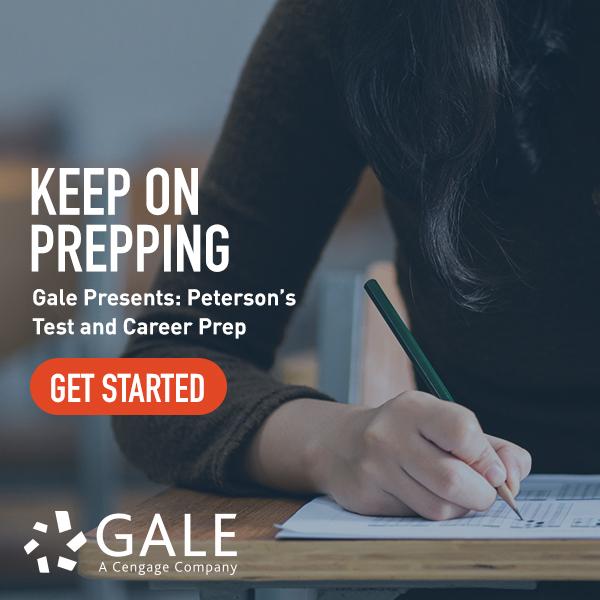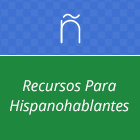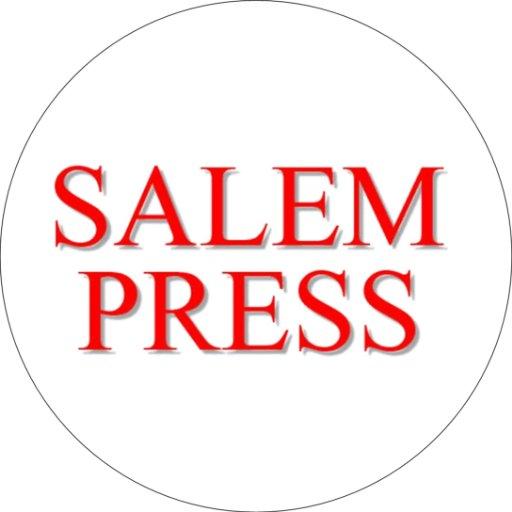

Part of Learning Express Library. Develop your skills in a wide array of leading-edge technology topics and unlock new education and career opportunities.
The AWS Training Center offers more than 150 courses covering the following topics:

Part of Learning Express Library. Learn the basics of using a computer, navigating the internet, and using popular Microsoft Office software programs such as Access, Excel, Outlook, PowerPoint and Word.

BlueCareer by EBSCOlearning is a workforce development platform that helps people explore skilled trades and connect with employers. It's a resource center for library users, high school and college students, career changers, and veterans. BlueCareer offers information on over 135 skilled trades in more than a dozen industries, including automotive, construction, energy, hospitality, landscaping, manufacturing, marine, security, and utilities.

Part of Learning Express Library. Explore potential careers (including military service), build workplace skills, and prepare for the ACT® WorkKeys® Assessments, the ASVAB test, the TOEIC® test and career licensure exams.

Practice tests based on New Jersey Motor Vehicle Commission materials, including 14 car practice tests, 9 motorcycle practice tests, 27 CDL (commercial driver's license), 3 online driver's manuals (car, motorcycle, CDL), and a FAQ section with detailed answers to over 100 MVC-related questions.

The critically acclaimed Ferguson's Career Guidance Center features exclusive, wide-ranging content that is accessible and intuitively organized. Known for its unprecedented depth of coverage and variety of user-friendly content formats, this comprehensive career research database is broken down into three main sections: Job and Industry Profiles, Job-Hunting and Workplace Skills, and Career and Industry Resources. The material is drawn from a range of authoritative sources and is extensively indexed.

Fiero Code is a self-guided online software program that teaches you how to code through hundreds of coding tutorials and dozens of real-world projects. Fiero Code offers a gamified learning experience as you progress through the activities, you'll earn clothes and accessories for your personal avatar. Programming languages to learn include: HTML, CSS, JavaScript, Python, Scratch, SQL.

An easy-to-use e-learning platform featuring online tutorials, practice tests and e-books to help you achieve your educational and professional goals. In addition to helping you improve your reading, writing, math and basic science skills, LearningExpress Library offers tools and resources to help you search for jobs, build workplace skills and prepare for career certification exams. You'll also find college and grad school admissions test prep, GED® test prep, U.S. citizenship test prep and much more.


Peterson's Test and Career Prep helps students and adults be better prepared down the road for both college and their career. Discover comprehensive test prep and career solutions from Peterson's, a world-leading educational provider.

Professional Development Collection includes full text for more than 500 high-quality education journals.

Herramientas de aprendizaje, carrera y ciudadanía en español. Este centro ofrece a los adultos que están muy ocupados los recursos para mejorar sus habilidades básicas, ganar sus credenciales de GED® o ser ciudadano estadounidense.

Interface including all of the Salem Literature, History, Science and Health databases that MCL offers.
An in-depth look at the essential elements of an effective Resume, tips on formatting, action words to use as well as things to avoid while putting your resume together written by our Librarians.
|
|
|
|
|
|
|
|
|
|
|
|
|
|
|
|
|
|
Sometimes a resume is optional: Include it anyway because it
*In order to apply online, you might need your supervisor’s name, title, company address, email and/or phone number.
Below we've collected videos to help you begin your job search and overcome some common challenges.
|
Career Advisor Ashley Rizzotto shares 3 tips to finding a career that meets your goals and helps you to lead a fulfilling professional life in this inspiring TEDx Talk. |
In this video, you'll learn more about improving your job search mindset. |
|
In this video, you'll learn how to get experience for an entry-level job, how to add transferable skills, and how to explain not having experience in a cover letter. |
In this video, you'll learn more about how to fill out online job applications, including, how to manage lengthier applications, timeouts, interface and navigation issues. |
One-Stop Career Center | Mercer County, NJ
The One-Stop Career Center provides a number of services to job seekers throughout Mercer County. Call our office at 609-989-6523 or visit us at 26 Yard Avenue, Trenton, NJ 08650 for more information or to get started with any of the services detailed below.
The services provided by the One-Stop Career Center to job seekers include...
 Are your current skills holding you back from going after a great job? Mercer's new Workforce Learning Link (WLL) aims to help people improve their skills today while keeping an eye on the future. The WLL is designed to provide adult learners and young adults (18 -24) with short-term computer-assisted basic skills education and literacy services. "Our One-Stop Career Center strives to connect people with tools for self-improvement so they can be ready for the competitive job market, and I encourage job seekers to take the first step and reach out to our team," said Mercer County Executive Brian M. Hughes.
Are your current skills holding you back from going after a great job? Mercer's new Workforce Learning Link (WLL) aims to help people improve their skills today while keeping an eye on the future. The WLL is designed to provide adult learners and young adults (18 -24) with short-term computer-assisted basic skills education and literacy services. "Our One-Stop Career Center strives to connect people with tools for self-improvement so they can be ready for the competitive job market, and I encourage job seekers to take the first step and reach out to our team," said Mercer County Executive Brian M. Hughes.
Through WLL, you can:
For more information, call 609-989-6224 or email apollack@mercercounty.org.
My Career NJ is the state's official, free online career development platform that can support you through every stage of your professional journey. This comprehensive resource offers job search tools, career coaching, skill development opportunities, and connections to New Jersey's employment services network. The platform takes a holistic approach to career support, understanding that job transitions affect your whole life, and provides resources for both professional development and personal wellbeing during career changes.
